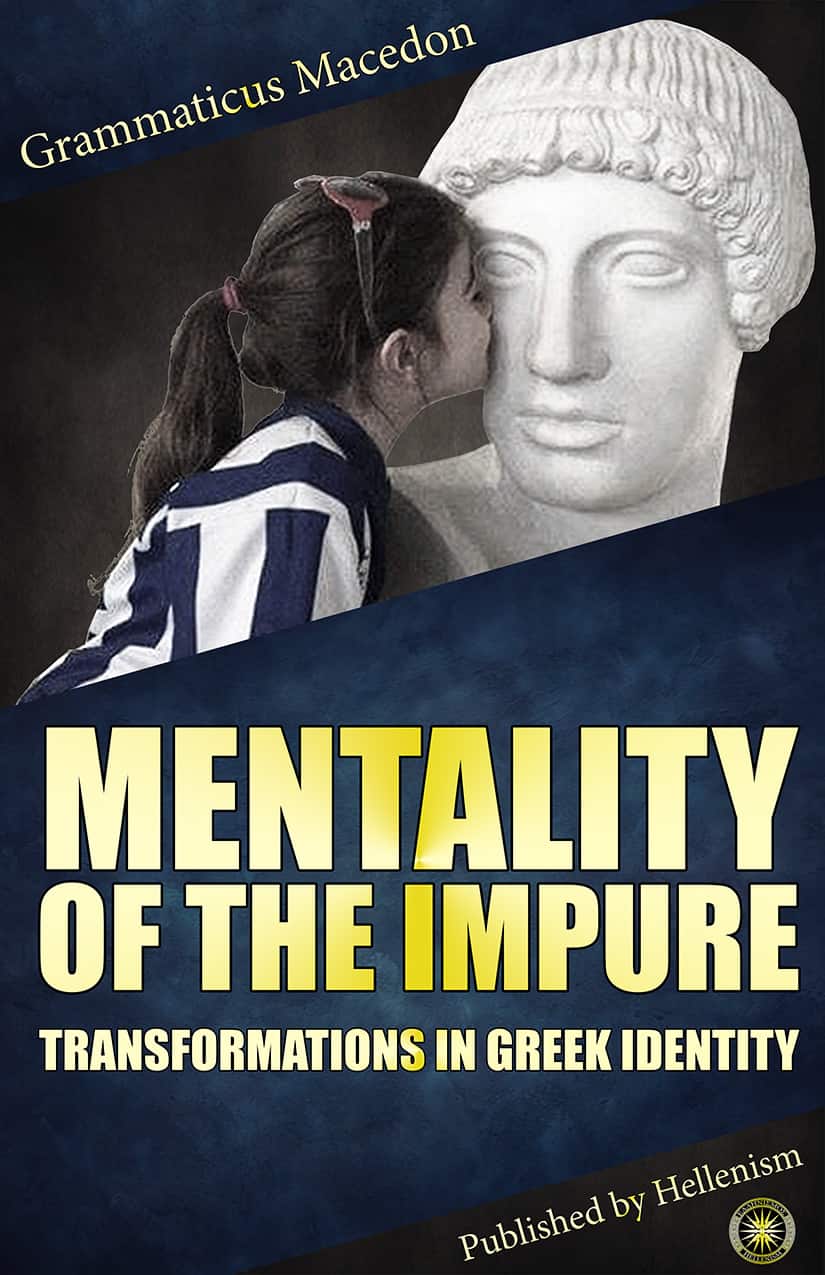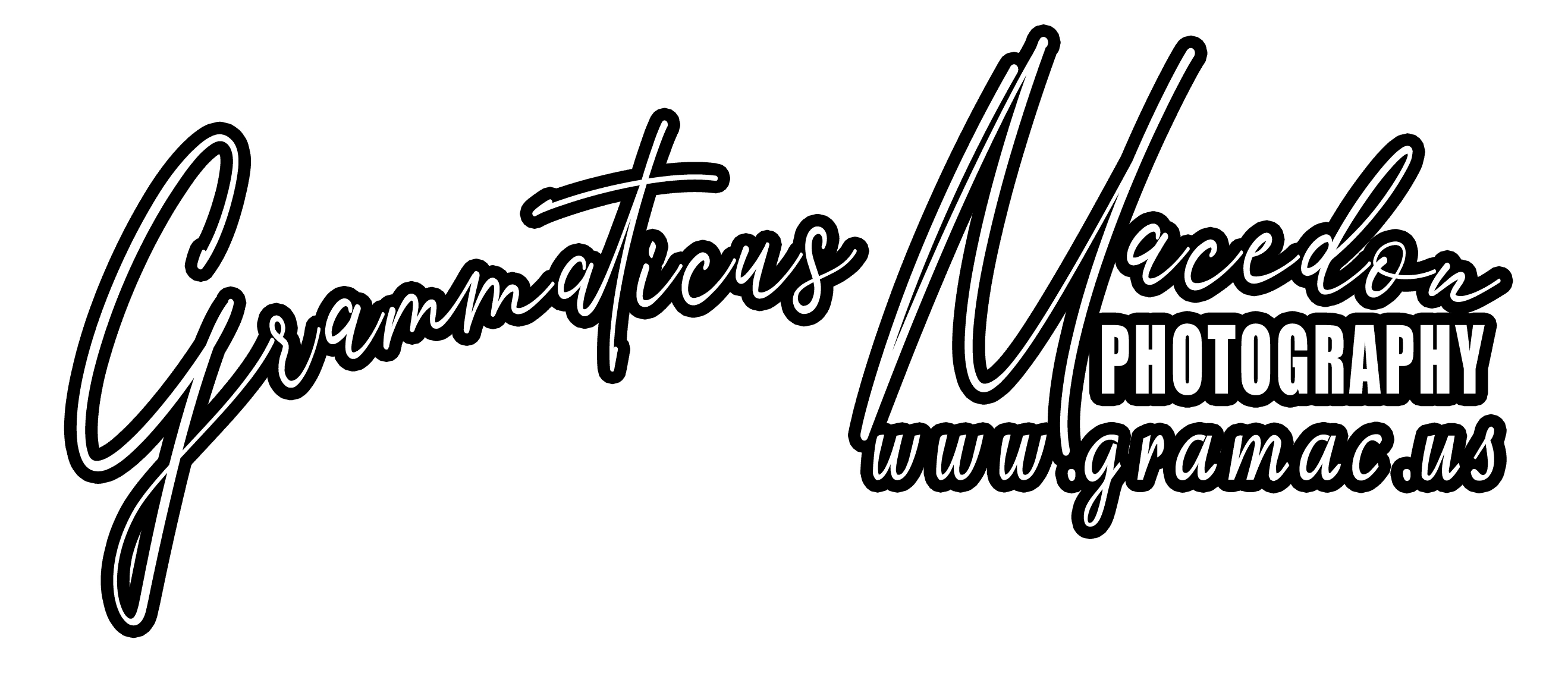My Work: Author & Researcher
Project: Writing of a book
(Not completed or distributed yet)
Title: The Mentality of the Impure: Transformations in Greek Identity
In Greece, I experienced two distinct generations: my grandparents’ generation and the generation of my parents and onward. From one generation to the next, I witnessed a profound transformation in mentality.
Generation Gap: Authenticity vs. Modernity
My grandparents’ generation, while not perfect, appeared pure and authentic. Their movies, songs, and overall culture adhered closely to traditional values. In contrast, the newer generations, including my own, seem less authentic and more influenced by external factors.
Defining the Mentality of the Impure
The mentality of the impure involves acting in ways that deviate from pure, authentic, and traditional values. This mentality often devalues national pillars, questioning whether these changes are reasonable adaptations to globalization or dangerous identity shifts.
Understanding the Nation Through Herodotus
Herodotus defined the nation with four dynamic components:
1. Όμαιμον (Homaimon): Similar blood (Family & Tribe Nationalism)
2. Όμότροπον (Homotropon): Similar ways (Cultural & Constitutional Nationalism)
3. Ομόγλωσσον (Homoglosson): Similar language (Linguistic Nationalism)
4. Ομόθρησκον (Homothriskon): Similar religion (Religious Nationalism)
Different countries emphasize different aspects of nationalism, but Greek history shows a harmonious expression of all these components during its golden eras.
The Problem: Erosion of Traditional Values
1. Homaimon (Family & Tribe)
•Then: Families were sacred, divorce was rare, and tribal purity was valued.
•Now: High divorce rates and a more liberal approach to marriage and identity.
2. Homotropon (Culture & Constitution)
•Then: Displaying the national flag was common and celebrated. Music had ancient continuation with noble elements and collectivism.
•Now: Patriotic symbols are often viewed with irony, and traditional Greek music is replaced by more individualistic genres.
3. Homoglosson (Language)
•Then: The Greek language was preserved in its pure form (Katharevousa).
•Now: The language has been simplified, and the influx of foreign words devalues its richness.
4. Homothriskon (Religion)
•Then: Orthodox Christianity, with its Hellenistic roots, was practiced with a sense of purity.
•Now: There is a focus on the Abrahamic elements, and ancient Greek religious practices are often ridiculed or misunderstood.
Conclusion: Who is Right and Who is Wrong?
As a biologist with sociological and psychological studies, I explore these questions:
•Is the transformation of Greek identity due to globalization?
•Is it a beneficial adaptation or a harmful loss of authenticity?
By examining the shifts in family values, cultural practices, language, and religion, I aim to determine which mentality—pure or impure—is constructive or destructive for Greek society.
The Mentality of the Impure: Transformations in Greek Identity

